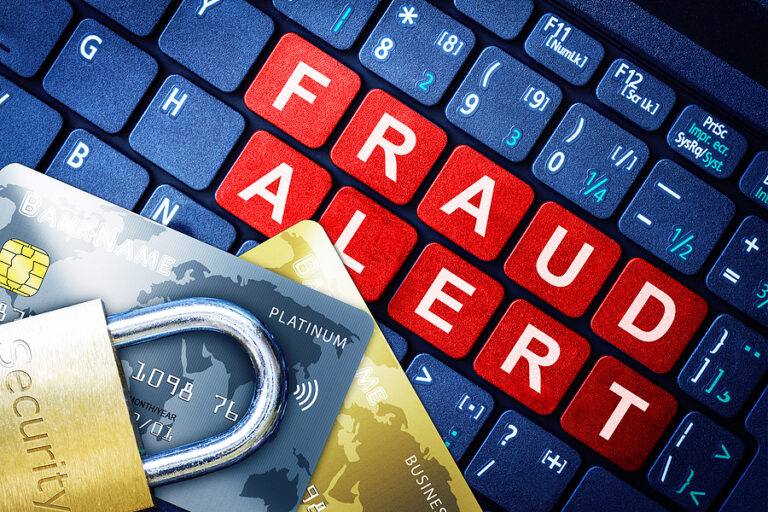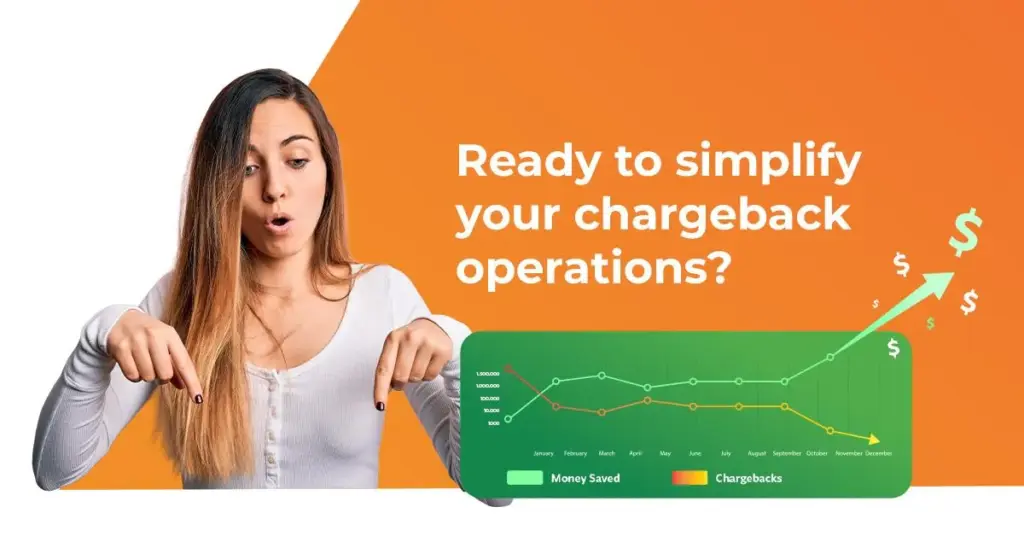How to Prevent and Fight Chargeback Fraud

First-party chargeback fraud is a major issue for businesses, including restaurants, retailers, service providers, and more. First-party chargeback fraud occurs when the cardholder himself uses the chargeback process to defraud a business. Essentially, they can game the system to get money back, even for products or services they received and used.
Unfortunately, chargebacks take a heavy toll on businesses. Worldwide, chargebacks were estimated to cost nearly $120 billion in 2023. You might think that first-party fraudsters are rare, but in fact, roughly 1 in 4 cardholders in a survey admitted that they engaged in such fraud.
The good news is that merchants can take the fight to chargebacks with the right tools and protocols. We’ll cover some methods and tools below, but if you have any specific questions or concerns, feel free to reach out to us. We partner closely with our clients to prevent and fight chargebacks.
Let’s start by taking a closer look at what first-party chargeback fraud is. Then we’ll cover how you can fight and prevent chargebacks.
First-Party Fraud Defined
First-party fraud is a bit unique in that it’s the cardholder who is perpetuating fraud, not someone who stole a credit card (or credit card data). Chargebacks allow cardholders to claw back money. So, if a cardholder can get their bank to approve a chargeback, they will get the funds spent on a transaction back. They may also be able to keep whatever goods or services were rendered.
Unfortunately, since first-party fraud takes advantage of legal loopholes, it can be especially difficult to prevent and fight. Regardless, there are steps merchants can take to fight first-party fraud. It’s crucial to be proactive with first-party fraud or your bottom line will suffer. Further, if you build a strong reputation for fighting chargeback fraud, would-be fraudsters may take their shenanigans elsewhere.
How Businesses Can Prevent Chargeback Fraud
The best chargeback is a chargeback that’s never filed. That’s where chargeback prevention comes into play. When you prevent chargebacks, you also prevent chargeback fees and will safeguard your chargeback ratio (a high ratio can result in increased processing fees). Thus, when possible, it’s better to prevent rather than fight chargeback fraud.
Many different things can lead to chargebacks being filed. If you figure out why you’re getting hit with chargebacks, you can take steps to resolve the underlying issues. In some cases, chargebacks are the result of confusion, such as a customer forgetting about a purchase. By using clear billing descriptors and leveraging effective communication, you may clear up confusion.
With first-party chargeback fraud, prevention is especially tricky because the cardholder himself is trying to rip the merchant off. Still, there are steps you can take to prevent first-party fraud. You can monitor for suspicious activity, for example. If a certain account has generated abnormal chargeback levels, then you may want to block transactions from that account.
It’s also wise to get signed shipping receipts when a customer receives goods. Some cardholders will try to claim that a product was never delivered. If they signed for the goods, they may be discouraged from making that false claim. You can also use verification services, like 3D Secure, which require cardholders to present a second form of identification. If cardholders know a merchant has plenty of proof that they made a legitimate purchase, they may be less likely to pursue a chargeback.
Fighting First-Party Chargeback Fraud
Unfortunately, with blatant and intentional first-party fraud, prevention goes only so far. Fraudsters can be dedicated to their trade and could try to find ways around your preventative measures. The good news is that merchants can fight chargeback fraud with a variety of tools and methods.
First, it’s smart to set up a chargeback management platform. These platforms make it easier to manage the entire chargeback representment process, during which the cardholder and merchant will both state their case. For better or worse, there are many tight deadlines merchants must adhere to during the representment process. If a merchant fails to do so, they’ll likely lose their case.
A dispute management system, like ChargebackHelp’s platform, also makes it easier to gather information, like IP addresses. If you can prove that the transaction came from an IP address associated with a cardholder, it’ll strengthen your case. Ultimately, fighting chargebacks by disputing them is one of the most effective ways to reduce fraud.
Some merchants have become so wary of chargebacks that they’ve stopped accepting credit and debit card payments. While this certainly could prevent chargebacks, the amount of business lost could easily outweigh the benefits. Such extreme measures likely won’t be necessary if you set up robust chargeback fraud-fighting measures and use tools offered by companies like ChargebackHelp.








